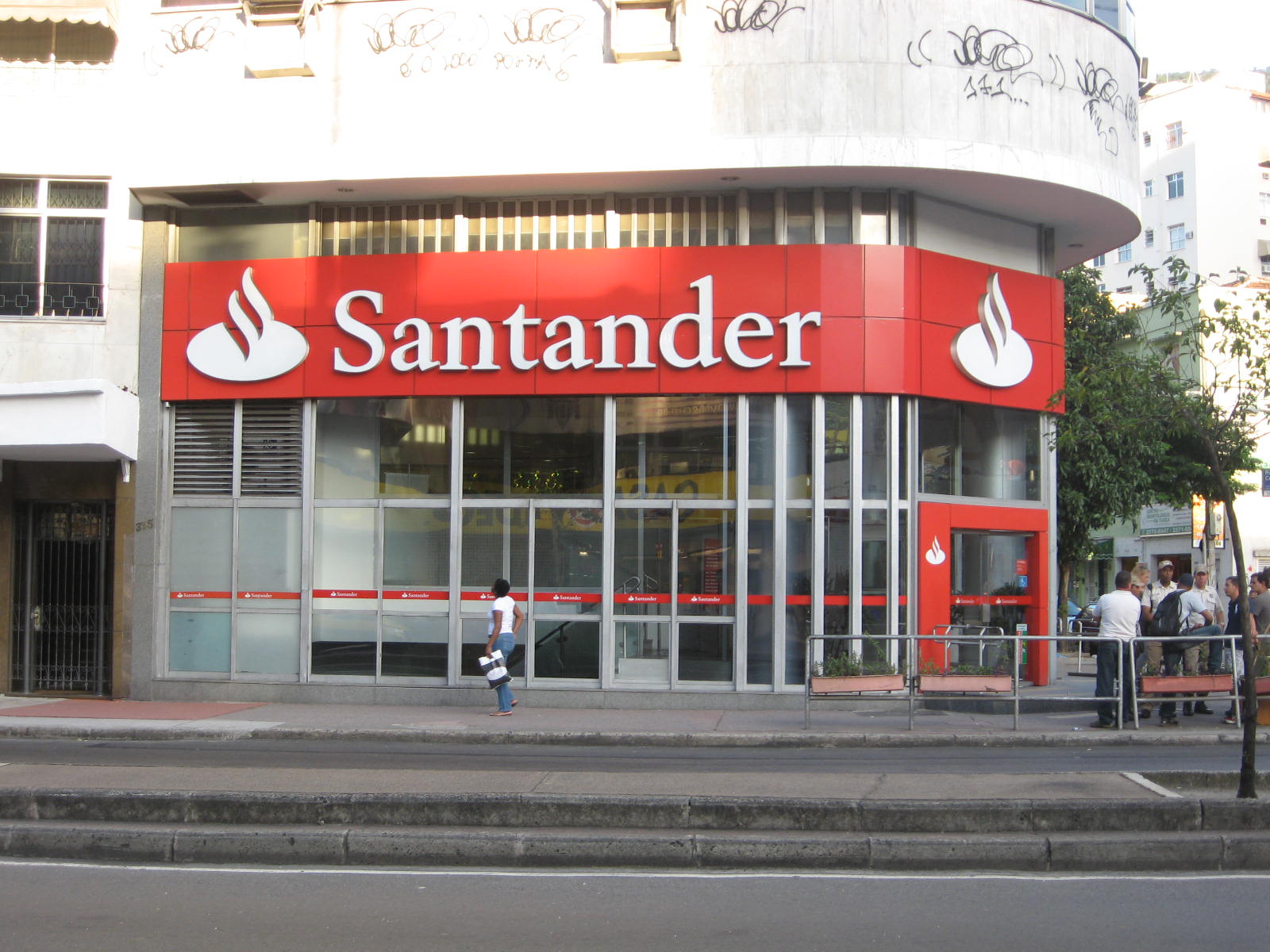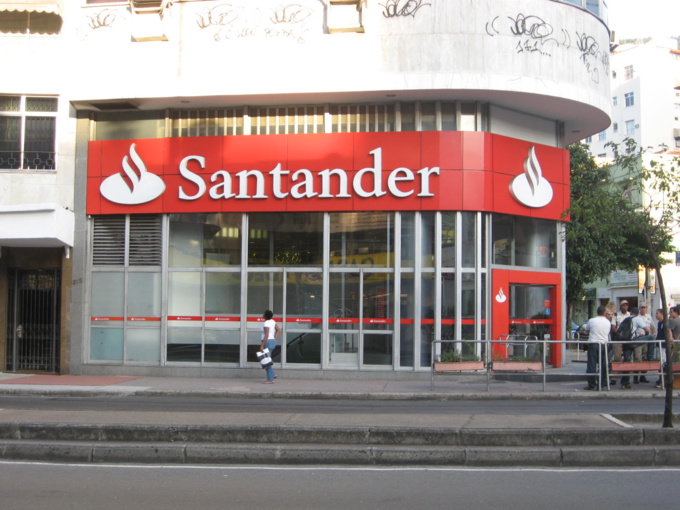According to representatives of Santander Bank, this operation will be closed with a symbolic value of €1 in order to prevent Bank Popular’s bankruptcy.
As part of the deal, Santander plans to increase the capital of Popular Bank by € 7 billion, "which will cover the capital and reserves needed to strengthen the balance of Banco Popular".
This solution ensures "security of the Banco Popular depositors and absence of influence on public finances", Santander’s representatives added.
Once the transaction is closed, Banco Popular will become a "free and solvent member" of the Santander Group.
The purchase took place after the financial institution, which assets consisted mainly of real estate, lost more than 50% of its value in the stock market, which fell to historic lows in recent days. In 2016, the bank's losses amounted to € 3,485 billion.
The message of the financial institution also says that Santander’s current shares will have the pre-emptive right to subscribe for an increase in the capital of Bank Popular. After these operations, it is expected that the impact on the capital of the Santander Group will be "neutral". However, after the announcement of the closing of the deal, shares of Santander Bank fell by 3%.
Recall, Santander group is the largest financial and credit group in Spain, it occupies one of the leading places in the UK and in a number of Latin American countries. Santander Bank was founded by the royal decree of Isabella II in 1857 to finance trade operations between Spain and Latin America.
The modern banking group stems from numerous mergers and acquisitions, the most significant of which was the merger of Santander Bank and Central Hispano Bank, the first and third largest banks of Spain, respectively. The deal took place in 1999.
The Spanish Bank Popular was founded in 1926 with headquarters in Madrid. As of December 31, 2016, the assets of Popular Bank were € 147 billion, which made it one of the largest Spanish financial institutions in terms of assets. The financial organization has 1,739 offices, employing 11,948 employees, servicing 4.6 million customers.
source: bloomberg.com
As part of the deal, Santander plans to increase the capital of Popular Bank by € 7 billion, "which will cover the capital and reserves needed to strengthen the balance of Banco Popular".
This solution ensures "security of the Banco Popular depositors and absence of influence on public finances", Santander’s representatives added.
Once the transaction is closed, Banco Popular will become a "free and solvent member" of the Santander Group.
The purchase took place after the financial institution, which assets consisted mainly of real estate, lost more than 50% of its value in the stock market, which fell to historic lows in recent days. In 2016, the bank's losses amounted to € 3,485 billion.
The message of the financial institution also says that Santander’s current shares will have the pre-emptive right to subscribe for an increase in the capital of Bank Popular. After these operations, it is expected that the impact on the capital of the Santander Group will be "neutral". However, after the announcement of the closing of the deal, shares of Santander Bank fell by 3%.
Recall, Santander group is the largest financial and credit group in Spain, it occupies one of the leading places in the UK and in a number of Latin American countries. Santander Bank was founded by the royal decree of Isabella II in 1857 to finance trade operations between Spain and Latin America.
The modern banking group stems from numerous mergers and acquisitions, the most significant of which was the merger of Santander Bank and Central Hispano Bank, the first and third largest banks of Spain, respectively. The deal took place in 1999.
The Spanish Bank Popular was founded in 1926 with headquarters in Madrid. As of December 31, 2016, the assets of Popular Bank were € 147 billion, which made it one of the largest Spanish financial institutions in terms of assets. The financial organization has 1,739 offices, employing 11,948 employees, servicing 4.6 million customers.
source: bloomberg.com



















